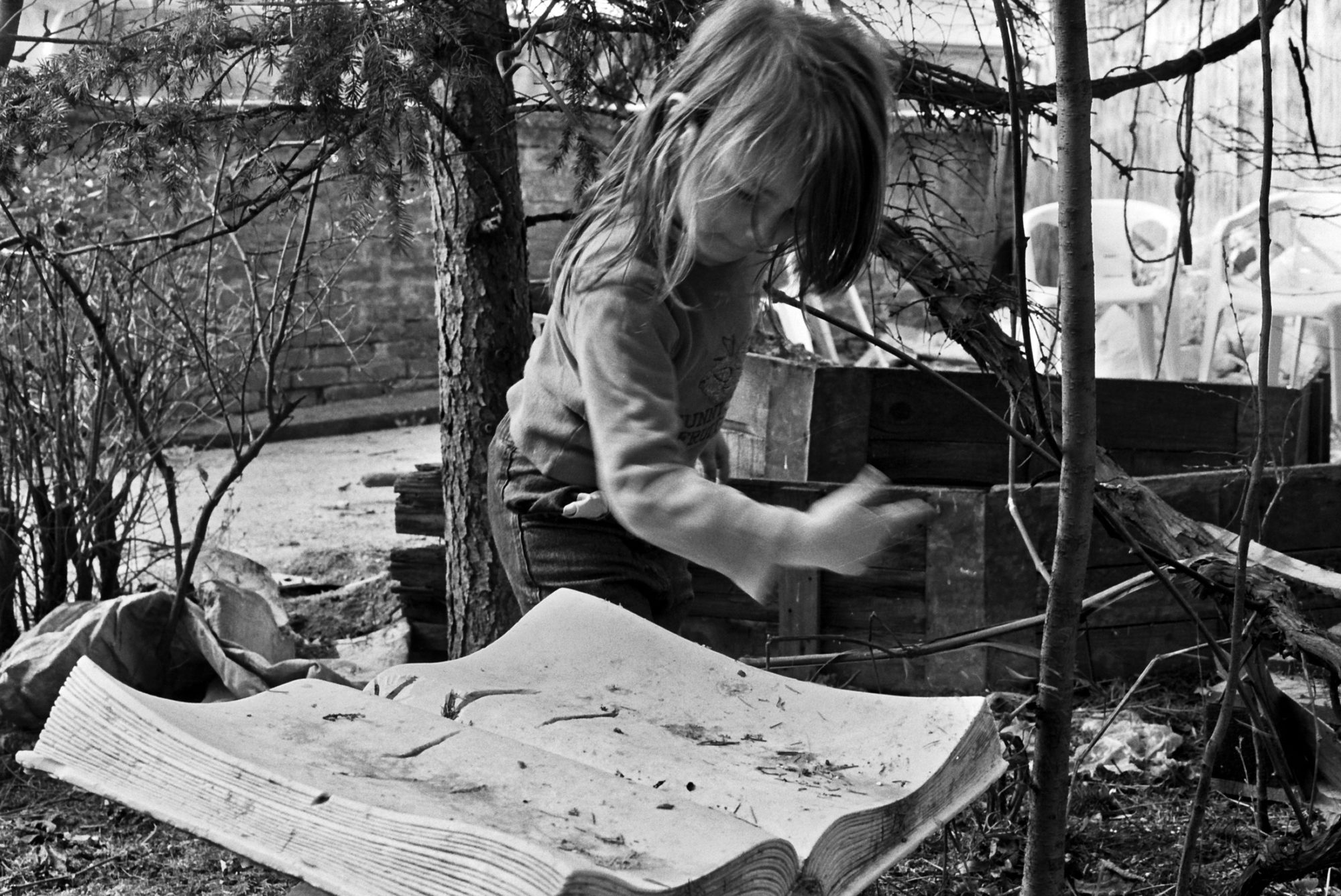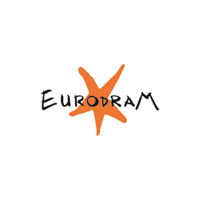(Draft English version below)
Vous allez créer un nouveau comité ou reprendre la coordination d’un comité linguistique existant au sein du réseau Eurodram. Félicitations ! Voici quelques indications qui vous permettront d’y voir plus clair pour vos premiers pas.
1/ Il est évidemment indispensable d’avoir lu le mode d’emploi du réseau.
http://eurodram.org/wp-content/uploads/2019/09/Eurodram-2019-statutes.pdf
2/ Il faut mettre à jour ou créer, dans la langue du comité, un résumé du mode d’emploi du réseau, destiné aux futurs membres, aux auteurs et traducteurs qui voudront candidater, à la presse, etc. Ce texte est mis en ligne ici :
http://eurodram.org/user-notice/
3/ Il s’agit ensuite de trouver des membres. Dans l’idéal, un comité doit être composé pour moitié d’experts du théâtre de la langue concernée, et pour l’autre moitié de traducteurs vers et depuis la langue concernée.
Si on vous répond qu’on n’aura pas le temps de lire, c’est qu’il y a erreur de casting. Les membres doivent déjà être immergés dans les lectures, ou désireux de le devenir. Il s’agit bien de mutualiser des lectures diverses, et non de rajouter du travail aux uns et aux autres.
Si vous avez des difficultés pour trouver des traducteurs, il ne faut pas hésiter à interroger les coordinateurs des principales langues qui vous intéressent. Il ne faut pas hésiter non plus à se tourner vers les universités où on peut trouver des professeurs qui pourront impliquer des groupes d’étudiants.
Pour tout nouveau membre, il convient d’envoyer à la coordination son adresse mail, ainsi qu’une brève description bilingue langue originale / anglais, sur ce modèle :
[Prénom Nom, [traducteur (langue source->langue cible)], profession principale (employeur principal), ville.]
La liste des membres des comités est disponible ici :
http://eurodram.org/committees-members/
4/ A l’automne, il faut diffuser un appel à textes originaux ou à traductions (selon l’année) dans les médias culturels de la langue concernée. Les appels sont mis en ligne ici :
http://eurodram.org/calls/
5/ Une fois les textes collectés, c’est à vous d’organiser la discussion et le vote. L’idéal est de finaliser le vote lors d’une réunion.
6/ Le 15 mars, vous devez rendre votre sélection à la coordination et la garder confidentielle jusqu’au 21 mars, date à laquelle elle est annoncée officiellement.
7/ Vous reste la dernière étape, faire en sorte que cette sélection soit diffusée dans les réseaux de théâtre et de traduction de la langue concernée.
QFP :
- La coordination est là pour vous aider aussi souvent que nécessaire. N’hésitez pas !
- Le réseau ne travaille plus de manière exclusive vers le français, mais bien de toutes les langues vers toutes les langues (de la zone du réseau).
- L’objectif est bien de recommander des textes originaux à traduire, et des traductions à exploiter (édition et création). Le réseau ne commande aucune traduction.
- Le réseau ne finance rien, mais peut accompagner chacun de ses membres dans sa recherche de financement.
- Il ne s’agit pas de contrôler la « fidélité » de telle ou telle traduction, aucun comité n’a les moyens d’une telle expertise. On apprécie simplement le résultat final.
You are going to found a new committee or take over the coordination of a committee already existing inside Eurodram. Congratulations ! Please find below a few tracks and advise to help your first steps.
1/ Obviously it is necessary to have read the user notice of the network, that you can find there :
http://eurodram.org/wp-content/uploads/2019/09/Eurodram-2019-statutes.pdf
2/ You need to write down or update a summary of this user notice, in the language of the committee, for the attention of future members, playwrights and translators who will submit their works, medias, etc. This summary is/will be put online there :
http://eurodram.org/user-notice/
3/ Then you need to find people to join as members. In a perfect situation, a committee should be composed for one half by experts of playwriting in the language of the committee, and for the other half by translators from and into the language of the committee.
If you are told that one won’t have the time to read, that means there has been a casting error. Members have to be already immersed in reading drama, or wishing to. The point is to mutualise readings from different people, not to burden anyone with additional work.
If you have any problems to find translators, you should not hesitate to ask the coordinators of the languages you consider as interesting for you. We also recommend to get in touch with languages universities, where it is sometimes possible to find professors that can involve groups of students.
For any new member in your committee, you need to send to the general coordination his/her mail address, as well as a short bilingual description (your language + English) based on this type :
[Name, [translator (source language -> target language)], main(s) job(s), (main employer), city.]
The list of all members is available here :
http://eurodram.org/committees-members/
4/ Around Autumn, you need to promote a call for original texts or translations, in the medias of the concerned languages. Calls are put online there :
http://eurodram.org/calls/
5/ Once the texts are collected, you need to organize the debate and the vote. At the best there is a final meeting where you can end the vote.
6/ On March the 15th, you need to send your selection to the general coordination, but it needs to remain confidential until March the 21st, when it is announced officially.
7/ Then the last step is to promote this selection as widely as possible, in theatre and translation networks of the language of the committee.
FAQ :
- General coordination is here to help as much as needed. Don’t hesitate !
- The network doesn’t work anymore in any bilateral work with French, but from all languages to all languages (of the network area).
- The objective is to recommend original texts for a translation, and translations to be staged and/or published. The network doesn’t order any translation.
- The network has no budget, but is able to help any member in his/her search of possible grants.
- The point is not to control the quality of the translation in itself. No committee has the means of this possibility. The final text is just appreciated as such.

